Experience Serenity: The Spiritual and Scenic Wonders of Yaowang Mountain
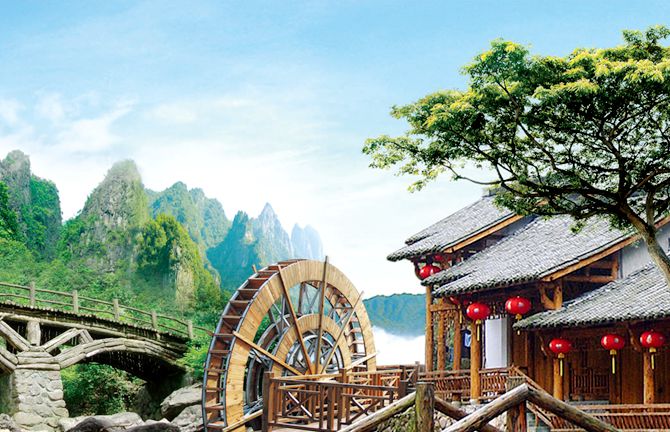
An Essential Guide to Visiting Yaowang Mountain
Nestled in the heart of Lhasa, Yaowang Mountain (药王山) offers a breathtaking escape into nature while providing an unparalleled vantage point of the city and its surrounding landscapes. Rising to an elevation of 3,600 meters, this serene mountain, often overlooked by travelers in pursuit of more famous sites, boasts stunning panoramas that capture the essence of Tibet’s majestic beauty.
As you ascend its gentle slopes, you’ll encounter a blend of rich cultural history and natural splendor. The mountain’s proximity to the iconic Potala Palace, just to the northeast, makes it a perfect backdrop for photography enthusiasts eager to capture that famed 50 yuan banknote view. With its lush greenery and colorful prayer flags fluttering in the wind, Yaowang Mountain is not just a hike; it’s an immersion into the spiritual heart of Tibetan culture.
Whether you’re a seasoned adventurer seeking tranquility or a casual traveler looking to soak in some of Tibet’s most picturesque scenery, a visit to Yaowang Mountain is an essential part of any itinerary in Lhasa. Prepare to be enchanted by the stunning sunrises, the vibrant colors of the landscape, and the enriching experience of connecting with the local culture as you explore this hidden gem.
In This Guide
- An Essential Guide to Visiting Yaowang Mountain
- The Rich History and Legends of Yaowang Mountain
- Main Highlights: What You Absolutely Can’t Miss
- Planning Your Visit: A Practical Guide
- Tickets: Prices, Booking, and Tips
- How to Get There: A Complete Transportation Guide
- Local Cuisine and Accommodation Nearby
- Frequently Asked Questions
- Final Thoughts on Your Trip
The Rich History and Legends of Yaowang Mountain
Nestled in the heart of Lhasa, Yaowang Mountain (药王山) is not just a breathtaking scenic spot; it is steeped in rich history and legends that captivate visitors from around the world. This mountain, often referred to as the “Mountain of the Medicine King,” stands proudly southwest of the iconic Potala Palace, offering stunning panoramic views that have attracted pilgrims and travelers for centuries.
The history of Yaowang Mountain is deeply intertwined with Tibetan medicine and religion. It is said to be the sacred site where the legendary Tibetan physician, Yao Wang, practiced and disseminated his knowledge of herbal medicine. According to local folklore, Yao Wang was believed to have extraordinary healing powers, and the mountain served as his sanctuary for meditation and the gathering of medicinal herbs. This connection to ancient healing traditions has made Yaowang Mountain a revered place among practitioners of Tibetan medicine.
As you ascend the mountain, you will encounter a series of shrines and stupas, each telling its own story. Many of these structures are dedicated to various deities associated with health and wellness, reflecting the profound spiritual beliefs of the Tibetan people. The atmosphere is thick with reverence, as visitors often pause to offer prayers and light incense, seeking blessings for good health and longevity.
One of the most famous legends associated with Yaowang Mountain is that of the “Dragon King,” a mythical figure believed to protect the mountain and its healing properties. According to this tale, the Dragon King resides at the summit, guarding a hidden treasure of medicinal herbs that can cure any ailment. Many pilgrims trek up the mountain in hopes of catching a glimpse of this elusive guardian, believing that doing so will impart them with health and vitality.
The mountain also holds a significant place in Tibetan Buddhist culture. It is said that many lamas and spiritual leaders have sought enlightenment on its slopes, adding to its reputation as a center for spiritual growth and healing. The breathtaking views of Lhasa from the summit, especially at sunrise, provide a serene backdrop for meditation and reflection.
For photographers, Yaowang Mountain offers some of the best vantage points for capturing the majestic Potala Palace and the sprawling landscape of Lhasa. The mountain’s unique position makes it a popular spot for early risers eager to witness the magical play of light at dawn, when the first rays of sun illuminate the ancient structures below.
In contemporary times, Yaowang Mountain continues to draw visitors, both for its natural beauty and its historical significance. With free entry and opening hours from 7 AM to 7 PM, it remains accessible to all who wish to explore its trails and soak in its legendary atmosphere. Whether you’re seeking adventure, spiritual enrichment, or simply a moment of tranquility, Yaowang Mountain is a testament to the rich tapestry of Tibetan culture and history, inviting you to discover its stories with every step.
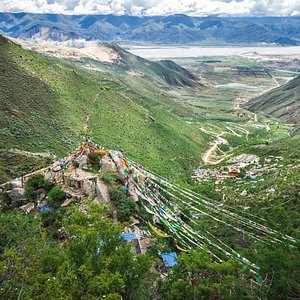
Yaowang Mountain.
Main Highlights: What You Absolutely Can’t Miss
Yaowang Mountain, or Yao Wang Shan, is an enchanting destination that promises unforgettable views and cultural experiences. Nestled near the iconic Potala Palace in Lhasa, this mountain is a favorite among both photographers and nature lovers. Here are the main highlights you absolutely can’t miss during your visit:
Stunning Panoramic Views
One of the main attractions of Yaowang Mountain is the breathtaking panoramic view it offers. From the summit, you’ll enjoy unobstructed vistas of Lhasa city, the Potala Palace, and the surrounding mountains. The sight of the Potala Palace against the backdrop of the sky is particularly stunning, especially at sunrise when the first rays of light illuminate the ancient structure. Be sure to bring your camera; this is the backdrop featured on the reverse side of the 50 yuan note!
Photography Paradise
Every morning, photographers flock to the viewing platform on Yaowang Mountain to capture the magical moment when the sun rises over Lhasa. The interplay of light and shadow creates a mesmerizing spectacle that is a must-see. Whether you’re a professional or an amateur, this vantage point will provide you with some of the most Instagram-worthy shots of your trip.
Cultural Significance
Yaowang Mountain is not only a natural wonder but also holds cultural significance. The name “Yaowang” translates to “Medicine King,” and the mountain is associated with local Tibetan medicinal practices. As you hike up the trails, you can immerse yourself in the serene atmosphere and learn about the traditional uses of the flora around you.
Accessible Hiking Trails
The trails leading up to Yaowang Mountain are well-maintained and accessible for hikers of all levels. Whether you choose to take a leisurely walk or a more vigorous hike, the experience is enriching. Along the way, you can discover various flora and fauna native to the Tibetan plateau, making it a delightful excursion for nature enthusiasts.
Ideal for Sunset Views
In addition to sunrise, the sunset from Yaowang Mountain is another unforgettable experience. As the sun dips below the horizon, the sky transforms into a canvas of vibrant hues, casting a warm glow over the landscape. The peaceful ambiance and stunning views create a perfect setting for reflection, making it an ideal spot for a quiet moment or a romantic outing.
Free Admission
Another appealing aspect of Yaowang Mountain is that it offers free admission! This makes it an excellent choice for travelers looking to explore without breaking the bank. With no entry fee, you can spend your time enjoying the scenery, taking photos, and absorbing the local culture without worrying about costs.
Final Tips
- Timing: Arrive early for the best photo opportunities, especially for sunrise shots.
- Gear: Wear comfortable shoes and bring water, especially if you plan to hike.
- Respect Nature: Adhere to local guidelines and respect the natural environment during your visit.
Yaowang Mountain is a treasure trove of experiences waiting to be explored. Whether you’re an avid hiker, a photography enthusiast, or someone looking to soak in the beauty of Tibet, this destination is sure to leave you in awe. Plan your visit and make the most of your time in this stunning part of the world!
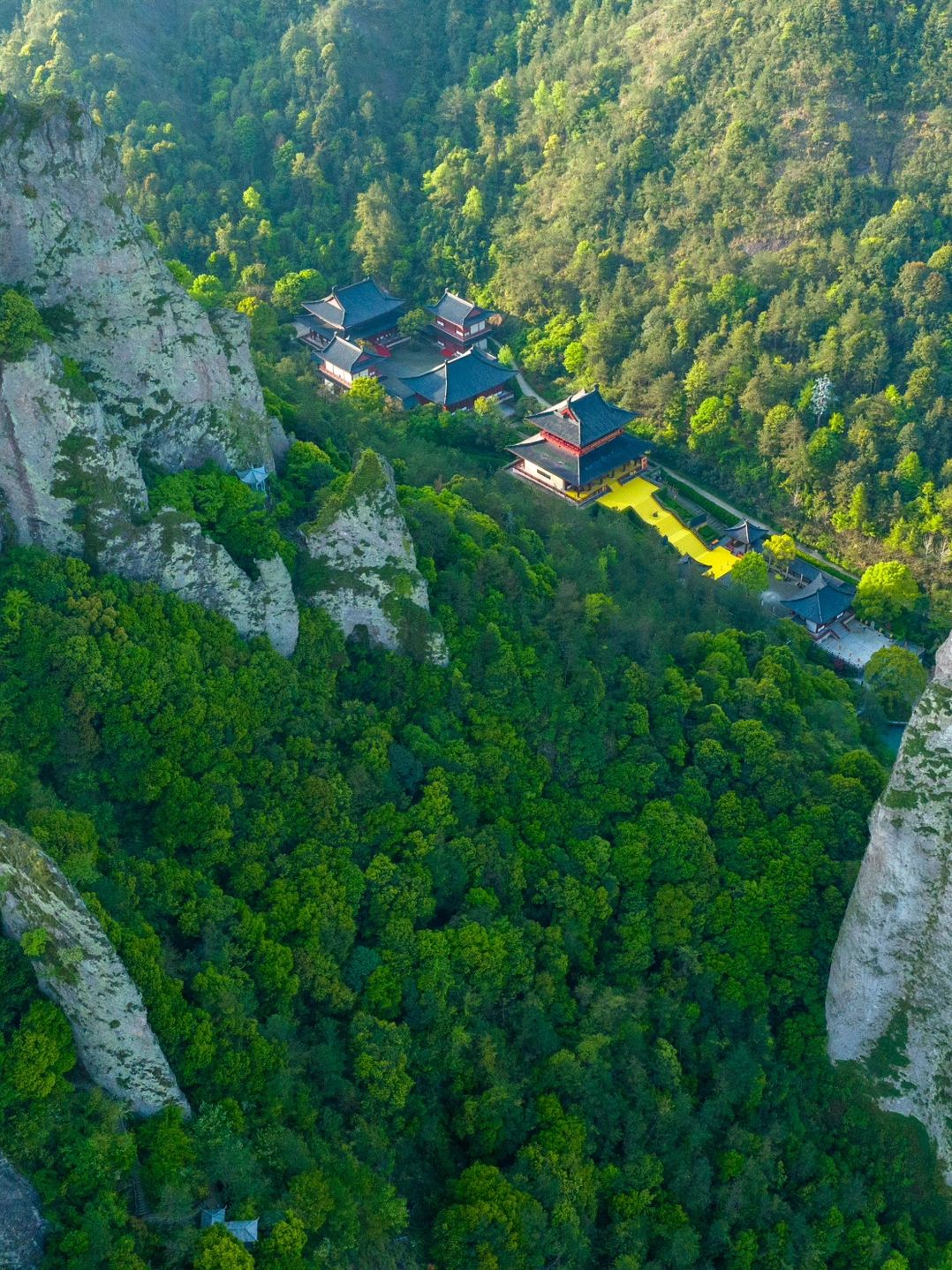
Yaowang Mountain.
Planning Your Visit: A Practical Guide
Yaowang Mountain, or Yaowang Shan (药王山), is a breathtaking destination located in Lhasa, Tibet. It stands at an elevation of approximately 3,600 meters and offers stunning panoramic views of the city and the majestic Potala Palace. This practical guide will help you plan your visit to this captivating site, ensuring you make the most of your experience.
Getting to Yaowang Mountain
Yaowang Mountain is conveniently located just southwest of the Potala Palace, making it easily accessible for travelers. You can reach the mountain by:
- Walking: If you’re staying in Lhasa, it’s a pleasant walk to the base of the mountain, allowing you to soak in the local atmosphere and sights along the way.
- Public Transport: Local buses run frequently throughout Lhasa. Download the “Lhasa Smart Bus” app for route information and schedules.
- Taxi: Taxis are widely available and can be a quick way to reach the base of the mountain.
Opening Hours and Entry Fees
- Opening Hours: Yaowang Mountain is open daily from 7:00 AM to 7:00 PM. However, be aware that the last entry is at 7:00 PM, so plan your visit accordingly.
- Entrance Fee: Admission to the mountain is free, making it an excellent option for budget-conscious travelers.
Best Time to Visit
The best time to visit Yaowang Mountain is during the spring (March to May) and autumn (September to November) months when the weather is mild, and the scenery is at its most vibrant. Summer can be warm but is also the rainy season, while winter temperatures can drop significantly, leading to icy conditions.
What to See and Do
-
Photography: One of the main highlights of Yaowang Mountain is the breathtaking views of the Potala Palace, especially at sunrise. Bring your camera, as this location is famous for its beautiful backdrops, including the 50 yuan RMB bill’s iconic image.
-
Hiking: There are several trails to explore, ranging from easy walks to moderate hikes. Take your time to enjoy the natural scenery, including the colorful prayer flags and unique rock formations.
-
Sunrise and Sunset Views: Early risers will be rewarded with stunning sunrises over the Potala Palace. Alternatively, visiting during sunset offers a magical golden hour glow over the city.
-
Cultural Experience: As a sacred site, respect local customs and traditions. You may encounter locals practicing their faith, and it’s essential to be respectful of their space and rituals.
Tips for a Comfortable Visit
-
Altitude Consideration: At over 3,600 meters, altitude sickness can be an issue for some travelers. Acclimatize in Lhasa for a few days before your hike to Yaowang Mountain. Stay hydrated and consider carrying altitude sickness medication.
-
Dress Appropriately: Weather can vary greatly; dress in layers to accommodate changing temperatures. Comfortable shoes are a must for hiking.
-
Sun Protection: The sun is strong at this elevation, so apply sunscreen, wear a wide-brimmed hat, and bring sunglasses.
-
Stay Hydrated: Carry a water bottle and refill it at designated locations. Staying hydrated is crucial, especially at high altitudes.
Nearby Attractions
If you have time, consider visiting these nearby attractions:
- Potala Palace: A UNESCO World Heritage Site and the most iconic symbol of Tibet.
- Jokhang Temple: A spiritual center for Tibetan Buddhism located in the heart of Lhasa.
- Barkhor Street: A vibrant market area where you can shop for local handicrafts and enjoy Tibetan cuisine.
Conclusion
Visiting Yaowang Mountain offers an incredible opportunity to experience the natural beauty and cultural richness of Tibet. With its stunning views, accessible location, and rich history, it’s a must-visit for any traveler exploring Lhasa. Plan your visit carefully, respect local customs, and prepare for a memorable adventure in this magical region.

Yaowang Mountain.
Tickets: Prices, Booking, and Tips
Exploring Yaowang Mountain (药王山) is a must for anyone visiting Lhasa, especially for photography enthusiasts looking to capture stunning views of the iconic Potala Palace. Here’s everything you need to know about ticketing, including prices, booking options, and tips for a seamless experience.
Ticket Information
-
Entry Fee: Admission to Yaowang Mountain is free of charge. This makes it an accessible option for travelers wanting to enjoy breathtaking panoramic views without the cost.
-
Operating Hours: The mountain is open daily from 7:00 AM to 7:00 PM. However, be mindful that the last entry is at 7:00 PM, so plan your visit accordingly to catch the sunset or early morning views.
Booking Tickets
Since the entrance to Yaowang Mountain is free, there is no need for advance booking. You can simply arrive and enjoy the trails at your leisure. However, if you are visiting during peak tourist seasons, it might be wise to go early to secure a good spot, especially if you’re interested in taking photos of the sunrise over Potala Palace.
Tips for Visiting
-
Best Time for Photography: Arrive early in the morning or late in the afternoon to capture the best light. The viewpoint at the halfway point is particularly popular for sunrise shots of the Potala Palace, so arrive a bit earlier to set up your gear.
-
What to Bring: While the hike is relatively easy, wear comfortable shoes and bring water to stay hydrated. A camera is a must for capturing the stunning views.
-
Weather Considerations: The weather can change quickly in Lhasa, so check the forecast before heading out. Bring layers to accommodate the varying temperatures, especially if you plan to stay for sunset.
-
Respect Local Customs: Yaowang Mountain is situated in a culturally rich area. Be respectful of local customs and the environment. Avoid loud noises and littering to preserve the natural beauty of the area.
-
Altitude Awareness: Lhasa is at a high altitude (around 3,600 meters or 11,800 feet), which may affect some visitors. Take it slow, especially if you’re not acclimatized, and listen to your body.
By keeping these tips in mind, your visit to Yaowang Mountain will be not only enjoyable but also rewarding, offering you some of the most memorable views in Tibet. Don’t forget to share your experiences and photos with fellow travelers!
How to Get There: A Complete Transportation Guide
To reach Yaowang Mountain (药王山), a stunning site located just southwest of the iconic Potala Palace in Lhasa, Tibet, you’ll find that transportation options are both accessible and varied. Below is a comprehensive guide to help you navigate your way to this breathtaking destination.
Getting to Lhasa
- By Air:
-
Lhasa Gonggar Airport (LXA) is the primary airport serving the city. Several airlines operate flights from major Chinese cities such as Beijing, Chengdu, and Xi’an. Upon arrival, you can take a taxi or a pre-arranged shuttle to the city center, which is about 60 kilometers away.
-
By Train:
- The Qinghai-Tibet Railway offers a scenic journey into Lhasa, often regarded as one of the most beautiful train rides in the world. Trains run from various cities, including Beijing, Chengdu, and Xi’an. Arriving at Lhasa Railway Station, you can easily find taxis or public buses to get to your hotel.
Getting to Yaowang Mountain
Once you are in Lhasa, here are your options for reaching Yaowang Mountain:
- Taxi:
-
Taxis are a convenient and relatively inexpensive way to get to Yaowang Mountain. Simply tell the driver “药王山” or show them the name written in Chinese. The journey should take around 10-15 minutes from the city center, depending on traffic.
-
Public Bus:
-
For a budget-friendly option, you can take public transportation. Bus routes in Lhasa are efficient, and the fare is typically around 1-2 RMB. Look for buses that stop near the vicinity of the Potala Palace, as Yaowang Mountain is within walking distance from there.
-
Walking:
-
If you’re up for a little adventure, consider walking to Yaowang Mountain from the Potala Palace. The distance is about 1.5 kilometers, and the walk will take roughly 20-30 minutes. This route allows you to soak in the local atmosphere and enjoy the sights along the way.
-
Bicycle:
- For the more adventurous traveler, renting a bicycle is a delightful way to explore Lhasa. Several rental shops are available in the city. Biking to Yaowang Mountain will give you a unique perspective on the surroundings and is a fantastic way to engage with the local environment.
Admission and Opening Hours
- Entrance Fee: Access to Yaowang Mountain is free, making it an attractive option for travelers.
- Opening Hours: The mountain is open daily from 7:00 AM to 7:00 PM, with the last entry at 7:00 PM. Plan your visit accordingly to catch the breathtaking views, especially during sunrise or sunset.
Tips for Visiting
- Altitude Awareness: Lhasa sits at an elevation of approximately 3,650 meters (11,975 feet), so be sure to acclimatize before your visit to Yaowang Mountain to avoid altitude sickness.
- Camera Ready: Don’t forget to bring your camera! The views of the Potala Palace from the mountain are stunning and are a great opportunity for memorable photographs.
- Comfortable Footwear: Wear comfortable shoes, as you may encounter uneven terrain while hiking up the mountain.
With this guide, you should be well-prepared to make your way to Yaowang Mountain and enjoy one of Lhasa’s most picturesque viewpoints. Safe travels!
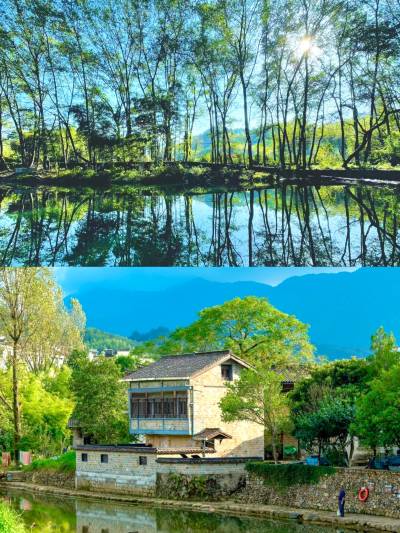
Yaowang Mountain.
Local Cuisine and Accommodation Nearby
Nestled in the heart of Lhasa, Yaowang Mountain offers breathtaking views and a unique cultural experience, making it a perfect spot for photography enthusiasts and nature lovers alike. After exploring the mountain and its stunning vistas, you’ll surely want to indulge in some local cuisine and find suitable accommodation nearby.
Culinary Delights
1. Guangming Gangqiong Sweet Tea House (光明港瓊甜茶館)
Just a short distance from the mountain, this quaint tea house is known for its delicious Tibetan sweet tea, which can be enjoyed for just 1 yuan. The warm, creamy tea is perfect for combating the chill at high altitudes. Pair your drink with a bowl of homemade Tibetan noodles (藏面), which are known for their chewy texture and flavorful broth.
2. Lulang Stone Pot Chicken (鲁朗石锅鸡)
If you’re in the mood for a hearty meal, head over to a local eatery specializing in stone pot chicken. This dish features tender chicken simmered with various herbs and wild mushrooms, creating a rich and fragrant broth that warms the soul. The unique cooking method enhances the flavors and is a must-try for any foodie.
3. Yak Meat Hot Pot (犛牛肉火锅)
For an authentic Tibetan dining experience, don’t miss out on yak meat hot pot, widely available in the area. The tender yak meat is not only delicious but also packed with nutrients, making it a favorite among locals and visitors alike. Enjoy it with fresh vegetables and traditional dipping sauces for a truly immersive culinary experience.
4. Lhasa Night Market (拉萨夜市)
For those who love street food, the Lhasa Night Market is a vibrant spot to explore. Here, you can savor various snacks, including Tsampa (roasted barley flour), Momo (Tibetan dumplings), and Sour Yogurt from the local dairy shops. Don’t forget to try the unique combination of fried potatoes with yogurt popsicles, a local favorite!
Accommodation Options
1. Tashi Choten Hotel (扎西秋登酒店)
Conveniently located near Yaowang Mountain, Tashi Choten Hotel is a great choice for travelers looking for comfort and convenience. The hotel offers cozy rooms with stunning views of the surrounding mountains and is equipped with oxygen supplies to help you acclimatize to the high altitude.
2. House of Shambhala (香巴拉客栈)
For a more boutique experience, consider the House of Shambhala. This charming guesthouse is decorated with Tibetan art and provides a warm, inviting atmosphere. It’s located just a short walk from the mountain, making it easy to explore the area.
3. Lhasa Gangjian Hotel (拉萨刚建酒店)
This hotel is ideal for budget-conscious travelers. It offers basic accommodations and essential amenities, all within walking distance of Yaowang Mountain. The friendly staff are always ready to assist you with local tips and recommendations.
4. Four Points by Sheraton Lhasa (拉萨四点酒店)
If you’re looking for a more luxurious stay, the Four Points by Sheraton offers modern amenities and elegant rooms. With stunning views of Lhasa and easy access to nearby attractions, this hotel is perfect for travelers seeking comfort after a long day of exploration.
Exploring the local cuisine and finding a comfortable place to stay will enhance your experience at Yaowang Mountain, allowing you to fully immerse yourself in the rich culture and breathtaking beauty of Lhasa. Enjoy your adventure!
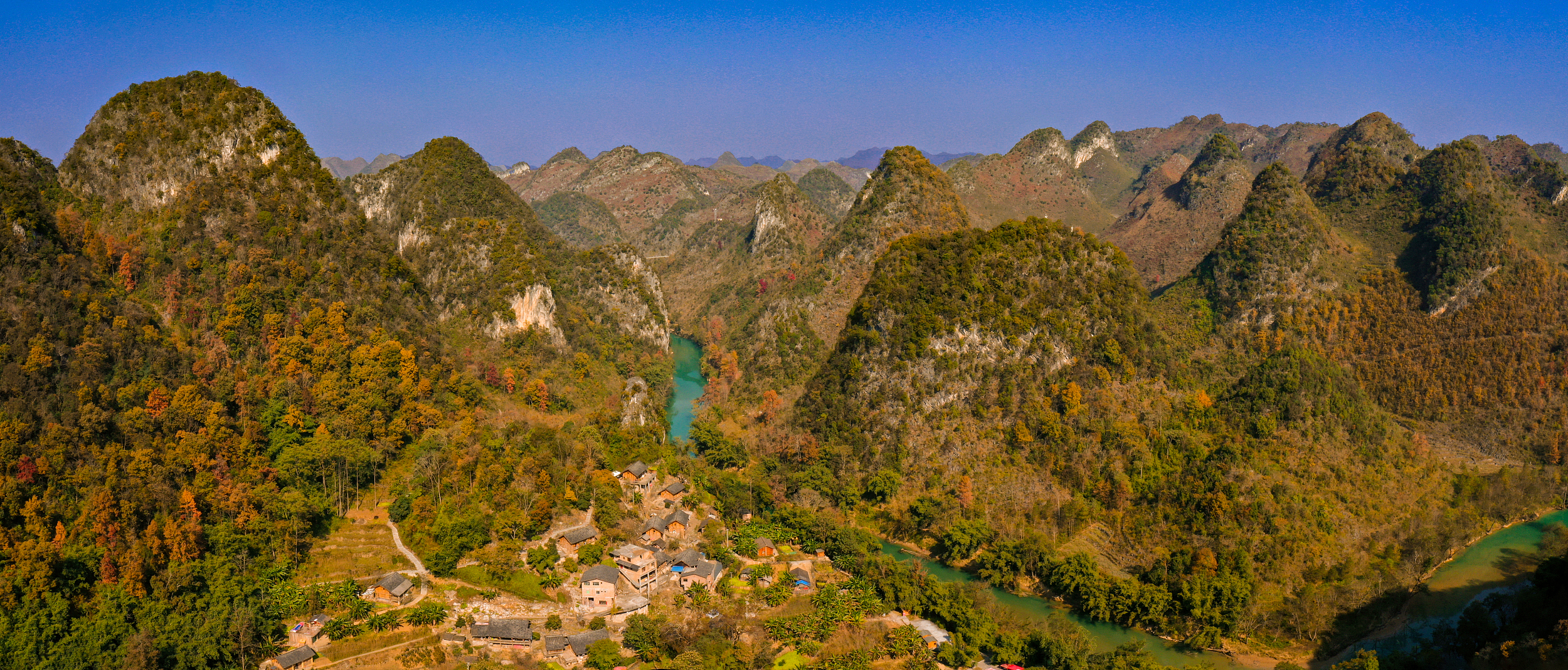
Yaowang Mountain.
Frequently Asked Questions
Frequently Asked Questions about Yaowang Mountain (药王山)
-
What are the opening hours for Yaowang Mountain?
Yaowang Mountain is open daily from 7:00 AM to 7:00 PM. However, the last entry is at 7:00 PM, so make sure to arrive before then to enjoy the views! -
Is there an entrance fee to visit Yaowang Mountain?
No, entrance to Yaowang Mountain is free! This makes it an accessible spot for visitors looking to explore the natural beauty and cultural significance of the area. -
Where is Yaowang Mountain located?
Yaowang Mountain is situated in Lhasa, Tibet, right next to the iconic Potala Palace. The mountain offers stunning views of both the palace and the surrounding landscape. -
What is the best time to visit Yaowang Mountain for photography?
Early mornings are ideal for photography, especially for capturing the sunrise over the Potala Palace. Photographers often gather at the viewing platform to get that perfect shot as the sun rises. -
How do I get to Yaowang Mountain from Lhasa city center?
Getting to Yaowang Mountain is convenient as it is located near the city center. You can walk, take a taxi, or use local ridesharing apps for a hassle-free journey. -
Are there any facilities available at Yaowang Mountain?
Yes, there are viewing platforms and paths that are well-maintained for visitors. However, it is advisable to bring your own water and snacks, as there might not be extensive facilities available. -
What should I wear when visiting Yaowang Mountain?
Due to the altitude and variable weather, it’s recommended to wear comfortable shoes suitable for walking and layered clothing. A light jacket is advisable, as temperatures can change quickly. -
Is there any cultural etiquette I should be aware of while visiting?
Yes, as Yaowang Mountain is a site of cultural significance, it’s important to respect the local customs. Avoid loud noises, and be mindful of other visitors, especially those who might be there for spiritual reasons.
Final Thoughts on Your Trip
As you conclude your journey to Yaowang Mountain, take a moment to reflect on the breathtaking vistas and rich cultural experiences that this remarkable destination offers. Standing atop the mountain, with panoramic views of Lhasa and the majestic Potala Palace in the distance, you are not just witnessing a landscape; you are partaking in a timeless narrative that intertwines spirituality, tradition, and nature.
Every step taken on the trails of Yaowang Mountain brings you closer to understanding the heart of Tibetan culture. The peaceful ambiance, enhanced by the rustling prayer flags and the distant chants of pilgrims, invites introspection and gratitude. This is a place where the air feels lighter, and the world slows down, allowing you to connect with both the environment and your inner self.
As you descend, carry with you the memories of sunrises that paint the mountains in hues of gold, the laughter of fellow travelers, and the warmth of Tibetan hospitality. Whether you’re an avid photographer capturing the perfect shot or a seeker of solace amidst nature, Yaowang Mountain has something profound to offer everyone.
So, as you prepare to depart, remember that this journey is not just about the sights you’ve seen, but the moments you’ve felt and the stories you’ve gathered. Embrace the spirit of adventure, and let it inspire your future travels. The mountains will always be there, waiting for your return. Safe travels!